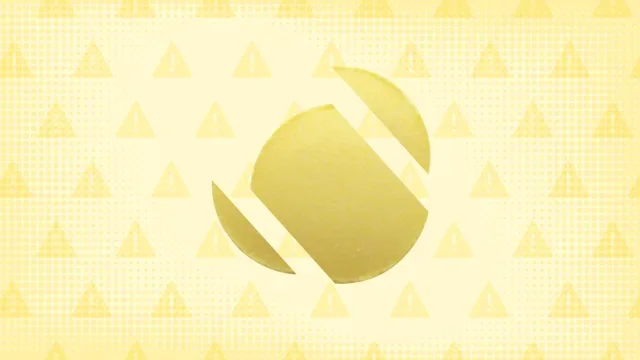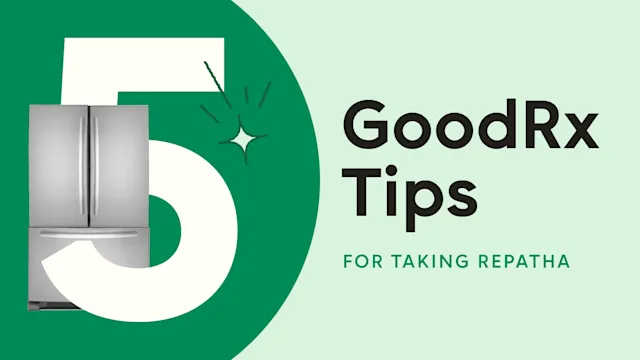Often, the first medication your doctor may prescribe for high cholesterol is a statin (or HMG-CoA reductase inhibitors). In general, your doctor will likely prescribe the lowest possible dose for your level of risk. The goal is to give you the best results while minimizing side effects.
After a couple months, you’ll likely return to your doctor for a follow-up cholesterol check. This is to see how well the statin is working for you. “If it’s working effectively, great. We can repeat the next [test] in a year,” says Jennifer Haythe, MD, Cardiologist at Columbia Irving Medical Center.
On the other hand, if your low-density lipoprotein (LDL) cholesterol ("bad" cholesterol) is still too high, it might be time to climb the high cholesterol treatment ladder.
What happens if your statin isn’t enough?
First, your doctor may try increasing the dose of your statin. Some people need a higher dose to reach their target LDL cholesterol.
Another option is to switch to a different type of statin. There are many statins available, and they work in slightly different ways. If one doesn’t help you meet your target cholesterol levels, a different one might work better for you.
Once again, your doctor will have you come back in a couple months for another follow-up cholesterol test. Since you can’t “feel” high cholesterol, a blood test is the best way to know if a medication is working.
What if a high-intensity statin isn’t enough to lower my cholesterol?
A high-intensity statin is a more powerful statin. It may lower your LDL cholesterol more than a lower-intensity statin. A high-dose statin isn’t necessarily a high-intensity statin.
High-intensity statins are generally for people with a higher cardiovascular risk. Your doctor may also prescribe them if you do not see improved cholesterol levels after taking a lower-intensity statin.
When a high-intensity statin isn’t enough, it may be time to try other types of cholesterol-lowering medications.
What are non-statin options for treating high cholesterol?
Niacin
Niacin is actually vitamin B3. When used to treat high cholesterol, niacin is taken as a prescription in larger doses (compared to what you’d find in an over-the-counter B3 supplement). This treatment has become less common, but may still be an option for some.
Bile Acid Sequestrants
These medications may help lower cholesterol by blocking your blood from absorbing the stomach’s bile acid. As a result, the liver will need the cholesterol in your blood to produce more bile acid. This helps reduce the cholesterol in the blood.
Ezetimibe
This medication prevents the absorption of cholesterol in the intestine, which may help lower cholesterol levels. It is often used in combination with a statin to help improve treatment outcomes.
Fibrates
Your doctor may prescribe fibrates if you have high triglyceride levels (in addition to high LDL cholesterol). They may help reduce triglycerides in the blood by as much as 50 percent. If you have high LDL cholesterol without high triglycerides, treatment with fibrates is not usually recommended.
PCSK9 Inhibitors
When statins aren’t enough to lower your cholesterol, your doctor may prescribe a PCSK9 inhibitor. This type of medication is typically used as an add-on therapy — meaning you’ll take it while also continuing statin therapy. However, it can also be used on its own.
PCSK9 is a type of protein that your liver produces. In general, people who have higher levels of PCSK9 proteins tend to have higher cholesterol.
PCSK9 inhibitors work by blocking the action of those proteins. As a result, this may help reduce the amount of cholesterol in the body.
siRNA Therapy
Another newer treatment option is siRNA therapy. It uses the body’s “messenger” molecules to tell the body to stop producing PCSK9 proteins.
In certain clinical trials, injections of this medication in several month intervals helped lower LDL cholesterol by as much as 50 percent.
This type of medication is very new. Similar to other types of PCSK9 inhibitors, it’s generally intended to be used along with a statin. Making healthy lifestyle changes in partnership with your healthcare team can also help improve results. Likewise, treating other conditions such as high blood pressure and diabetes is very important.
Why is it important to be patient?
Finding the right medication to treat your high cholesterol may take some trial and error. “It [usually] works out that we come up with a solution that really treats their cholesterol well, and that they’re happy about, and that they tolerate well,” says Dr. Haythe.
Dr. Haythe is a Cardiologist at Columbia University's Irving Medical Center.
References
American College of Cardiology. (2013). 2013 ACC/AHA guideline on the treatment of blood cholesterol to reduce atherosclerotic cardiovascular risk in adults.
Chou, R., et al. (2016). Statin use for the prevention of cardiovascular disease in adults: a systematic review for the U.S. Preventive Services Task Force. Agency for Healthcare Research and Quality (US).
Hajar, R. (2019). PCSK9 inhibitors: a short history and a new era of lipid-lowering therapy. Heart Views.
Larkin, H. D. (2022). Injectable siRNA approved for lowering cholesterol. JAMA.
Lepor, N. E., et al. (2015). The PCSK9 inhibitors: a novel therapeutic target enters clinical practice. American Health & Drug Benefits.
MedlinePlus. (2020). Ezetimibe.
MedlinePlus. (2022). Bile acid sequestrants for cholesterol.
MedlinePlus. (2022). Niacin for cholesterol.
Novartis. (2021). FDA approves Novartis Leqvio (inclisiran), first-in-class siRNA to lower cholesterol and keep it low with two doses a year.
Peterson, A. S., et al. (2008). PCSK9 function and physiology. Journal of Lipid Research.
Ray, K. K., et al. (2020). Two phase 3 trials of inclisiran in patients with elevated LDL cholesterol. The New England Journal of Medicine.
Rosenson, R. S., et al. (2022). Low-density lipoprotein cholesterol lowering with drugs other than statins and PCSK9 inhibitors. UpToDate.

Why trust our experts?














